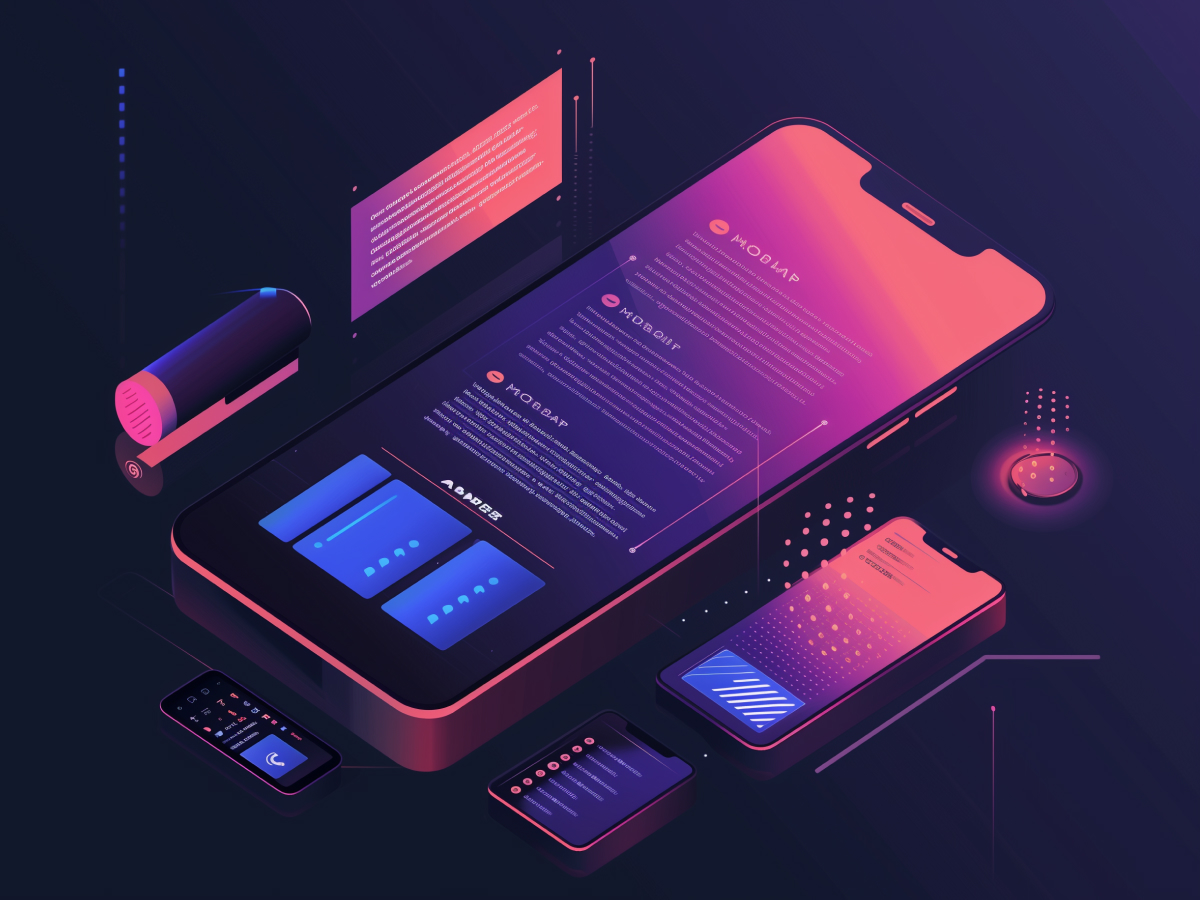Databricks launches a platform to build apps faster than ever
Databricks introduces its new Databricks Apps platform, aimed at dramatically speeding up the creation of enterprise applications—empowering users to build secure, enterprise-specific applications in as little as five minutes.
The solution is available in public preview on major cloud services such as AWS and Azure, making it easily accessible for enterprises already leveraging these ecosystems. With its open infrastructure, Databricks Apps addresses the need for custom applications while mitigating common roadblocks like infrastructure constraints and security issues.
How Databricks apps helps enterprises maximize data and AI investments
Many enterprises are focused on extracting value from their data and AI investments, yet they often struggle with the complexity of developing in-house applications.
Databricks Apps provides a clear solution, targeting infrastructure bottlenecks and security risks that slow down development cycles.
Through offering an easy-to-use platform, Databricks lets companies quickly build applications without the typical hurdles of infrastructure setup, security governance, or compliance requirements. The goal is clear: help enterprises move faster while maintaining the flexibility and security needed in modern app development.
A solution to in-house app development struggles
Roadblocks developers face when building custom data apps
Developers often face an array of challenges when building in-house applications, particularly for enterprises that handle large volumes of data and complex AI models.
One of the main obstacles is the infrastructure required to support these apps. Ensuring the right setup for servers, cloud resources, and network architecture is time-consuming and costly. Further complications arise from the need for strong security protocols, data governance measures, and compliance with regulatory frameworks.
Developers must also manage customization hurdles, including prompt engineering and model flexibility. Many traditional enterprise apps are built to handle standard analytics and reporting but lack the adaptability required for AI-driven tasks like predictive modeling. This gap leaves companies with rigid tools that do not support evolving needs.
Create custom apps in minutes using python with Databricks
Databricks Apps simplifies this process by leveraging Python, a widely used programming language in data science and AI development. Users with basic Python skills can build apps in as little as five minutes, eliminating the need for a complex infrastructure setup.
The platform’s automated serverless compute system removes the burden of IT teams managing servers, cloud resources, and network configurations, allowing developers to focus on building functional, data-driven applications.
Adding to this, Databricks Apps supports popular frameworks such as Dash, Shiny, Grado, Streamlit, and Flask, offering flexibility in how apps are developed and deployed. These apps can be run directly within Databricks or exported to an integrated development environment (IDE), further streamlining workflows and boosting developer productivity.
Enterprise-grade security and data governance built right into Databricks
Databricks brings top-grade security and compliance for your apps
Security is a critical concern for enterprises dealing with sensitive data. Databricks Apps integrates robust security measures to protect enterprise data throughout the application lifecycle.
All data remains within Databricks, managed by Unity Catalog, a comprehensive data governance tool—making sure data never leaves the trusted Databricks environment—which is key for compliance with industry regulations.
User authentication is handled through OIDC/OAuth 2.0 protocols, with support for single sign-on (SSO). This makes sure only authorized individuals can access the apps, reducing the risk of unauthorized data exposure.
The platform also incorporates VPNs and multi-layered security controls to safeguard data both during development and while apps are in operation. These built-in security features let enterprises deploy apps confidently without compromising their data’s integrity.
Launch secure apps in days, not weeks, with Databricks’ streamlined security
With traditional enterprise app development, security reviews can extend project timelines by weeks. Databricks addresses this issue by streamlining security through its Unity Catalog, which tracks data lineage and access controls.
Enterprises can see which users or apps access specific data, providing full visibility into who is using their data and for what purpose.
Detailed tracking accelerates app deployment by letting security checks be done much faster, reducing app launch times from weeks to days.
How Databricks stacks up against big players in the market
Databricks Apps operates in a competitive market, facing established players in the business intelligence and enterprise software sectors. Competitors include well-known vendors like Tableau, Qlik, Sisense, and Qrvey, all of which offer powerful data app solutions.
Adding to this, the platform must contend with enterprise software giants such as Microsoft, Oracle, SAP, Salesforce, ServiceNow, and Zoho, each of which provides its own approach to data analytics, reporting, and app development.
Databricks Apps also rivals low-code and no-code platforms like Mendix, Appian, and Quickbase, which target companies that prefer minimal coding for their internal tools.
What sets Databricks apart from its competitors
The key differentiator for Databricks Apps is its seamless integration with existing data governance frameworks, specifically the Unity Catalog. While many platforms offer powerful analytics tools, few provide such an integrated approach to data governance, security, and infrastructure management.
With Databricks, enterprises can reuse their existing governance tools, reducing the time and effort required to set up new applications.
Databricks Apps operate within an open-ended serverless environment, which means there are no constraints on storage or compute—letting enterprises scale their app usage without worrying about hitting infrastructure limits.
Databricks further simplifies the development process by relying on Python frameworks, making the platform accessible to teams with varying levels of technical expertise.
Practical features that make Databricks a must-have for enterprise apps
Maximize efficiency with Databricks’ reusable governance tools
One of the platform’s most practical features is its support for reusing existing governance tools like the Unity Catalog. This streamlines the deployment process by letting teams leverage their current data governance frameworks without needing to rebuild compliance protocols from scratch.
Serverless deployment that removes the limits on your app development
Databricks Apps takes a serverless approach to application deployment, removing common limitations on storage and compute resources. Serverless deployment helps enterprises scale their applications up or down as needed, making it a cost-effective solution for dynamic workloads—making sure even large-scale applications can be built and run without concerns over infrastructure bottlenecks.
One platform to manage data, code, and infrastructure seamlessly
Databricks Apps consolidates data management, infrastructure, and code deployment into a single platform, simplifying the development process.
With this unified approach, enterprises can manage their entire app lifecycle—data sourcing, development, testing, and deployment—through one platform.
The all-in-one tool reduces complexity and minimizes the need for multiple disparate systems, helping teams work more efficiently and focus on delivering high-quality applications.
How teams are using Databricks apps for AI, analytics, and more
Many early users of Databricks Apps have already showcased its potential. For example, SAE International used the platform to develop a retrieval augmented generation (RAG) proof of concept, turning their internal knowledge base into a functional AI-powered app.
In another case, E.ON Digital Technology integrated Databricks Apps into its DevSecOps processes, using the platform to test new features and improve security protocols—showing how Databricks Apps can improve data-driven tasks and operational processes within a business.




